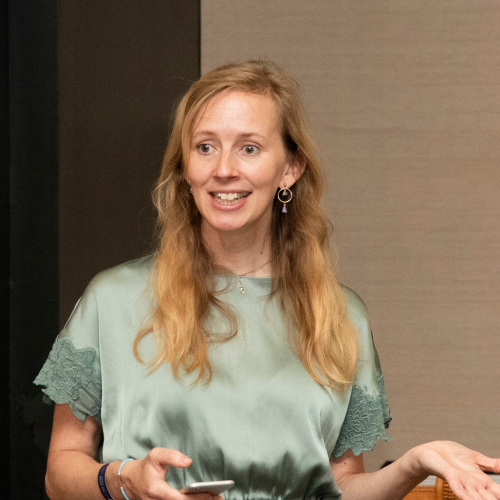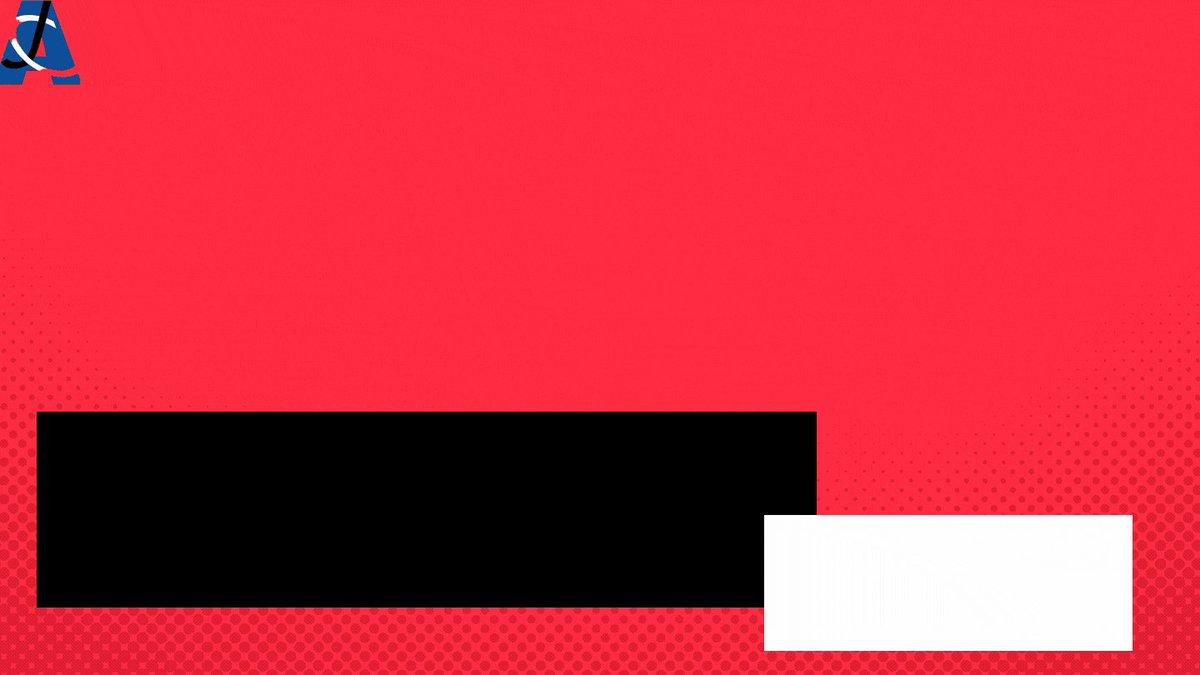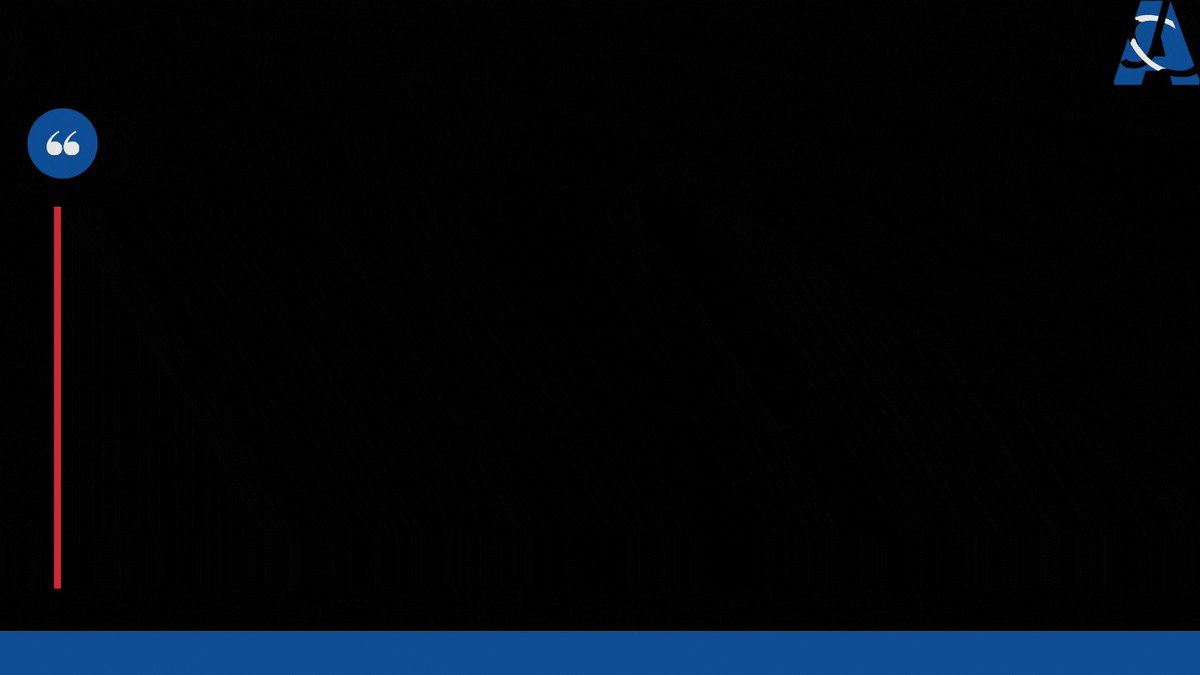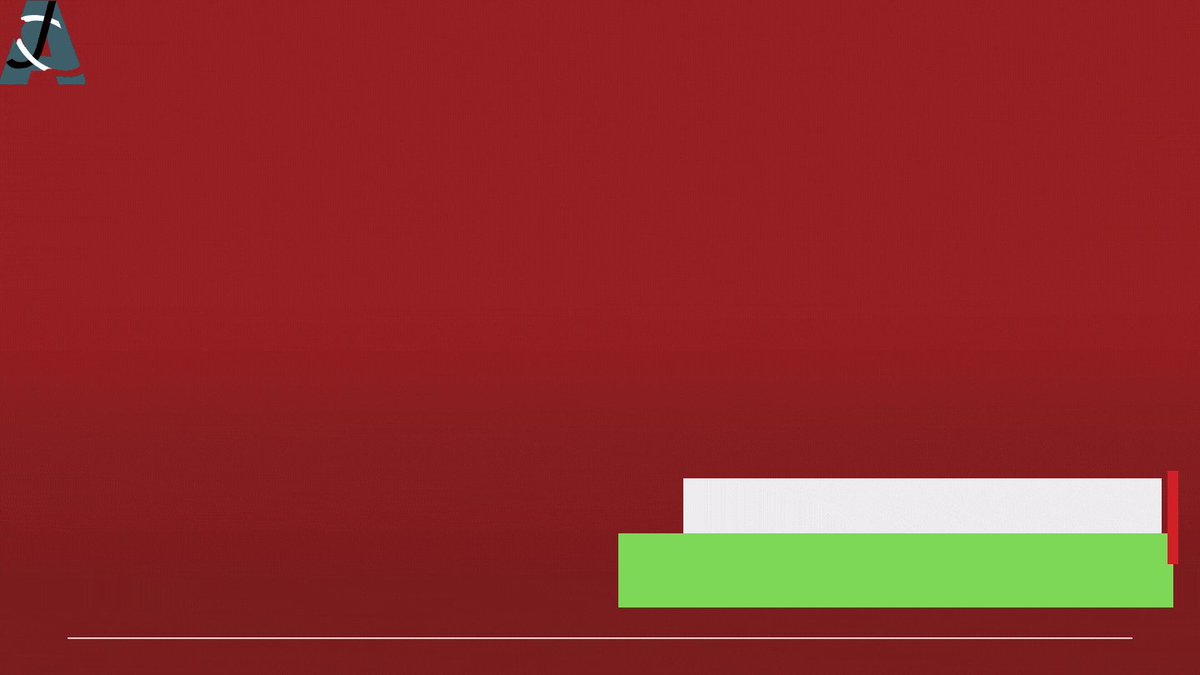Rashi Mishra
7:27
7:27
7:29
7:31
7:31
7:32
7:33
7:34
7:35
7:37
7:37
7:39
7:41
7:42
7:45
7:46
7:46
7:47
7:48
7:49
7:49
7:54
7:54
7:56
7:56
7:57
8:00
8:02
8:03
8:03
8:05
8:05
8:08
8:09
Connecting…














